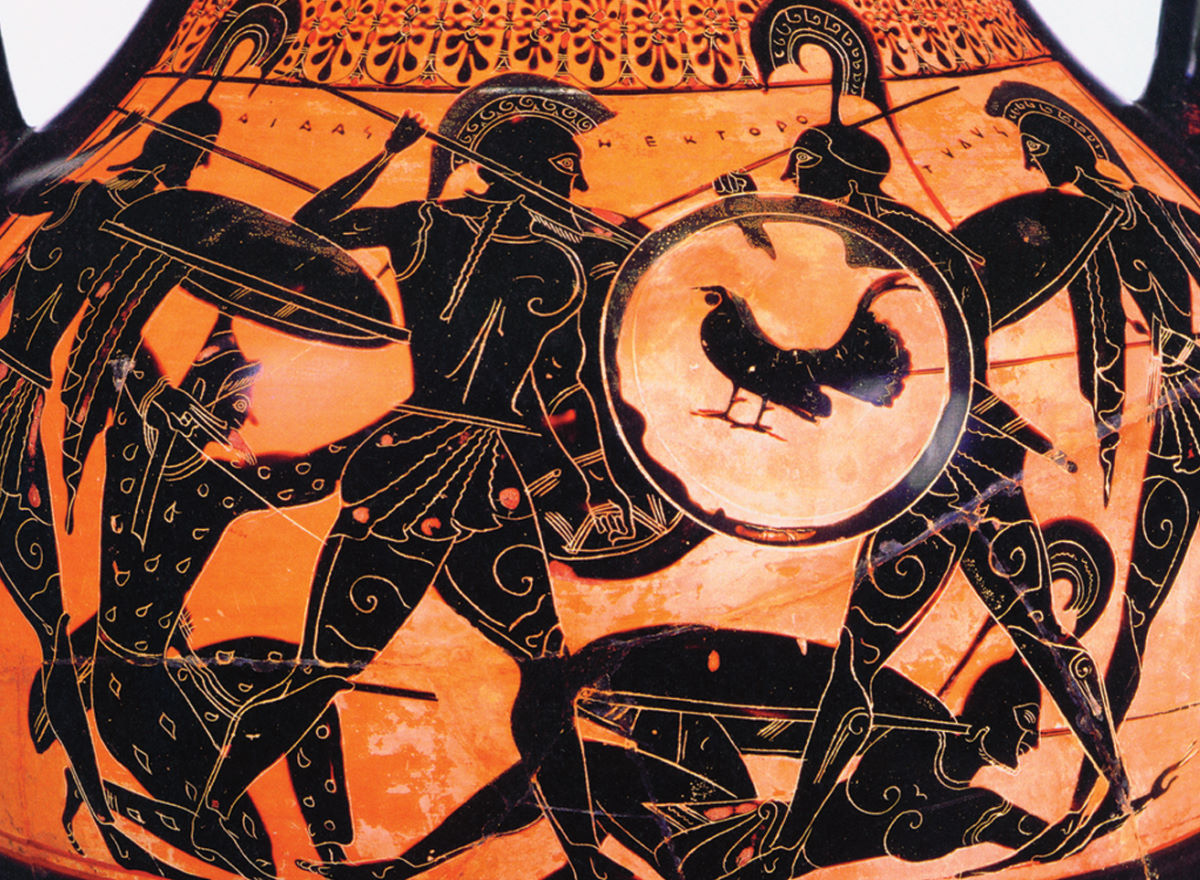The question, whether the Trojan War mentioned in the Iliad really happened or not, is disputed since ancient times. Some claimed that it is a fiction, and some others that the story has indeed a "historical background".

Trojan War
- 41 Did the Trojan War really happen?
- 42 When did the Trojan War happen?
- 43 What was the reason of the Trojan War?
- 44 Who are the sides of Trojan War?
- 45 How did the Trojan War end?
- 46 Who are the most important characters of Trojan War?
- 47 How many years did Trojan War last?
- 48 What happened after Trojan War?
- 49 Which weapons were used in Trojan War?
- 50 Are there any graves of the heroes of Trojan War?